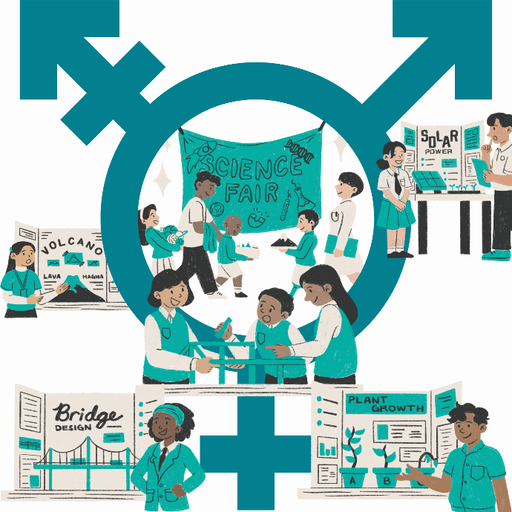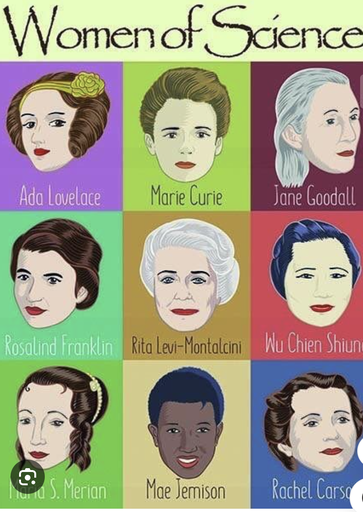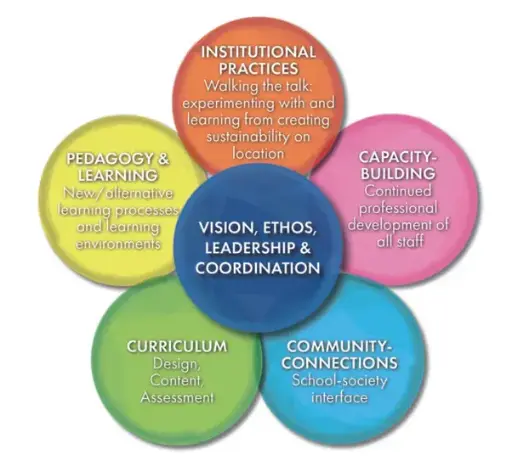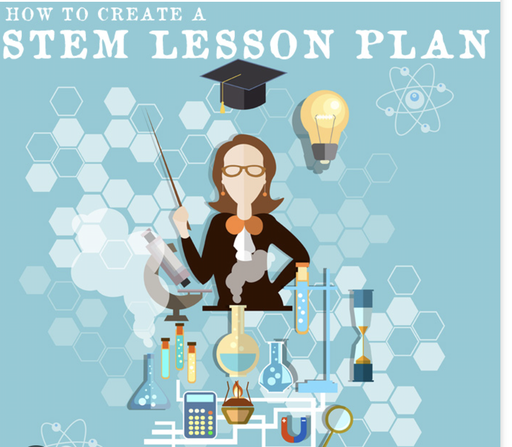Tutti i corsi

Questo corso mira a comprendere e ad affrontare i pregiudizi di genere nell'insegnamento delle STEM e il loro impatto sulle scelte di carriera nei settori STEM. STEM education and their impacts on STEM career choices.

Obiettivi:
- Comprendere l'impatto dei modelli femminili nelle discipline STEM: studenti e studentesse saranno in grado di analizzare l'importanza di esempi femminili diversificati nei campi STEM, identificando come la rappresentazione influenzi l'impegno, la motivazione e le aspirazioni di carriera di studenti e studentesse nelle discipline STEM.
- Evaluate the benefits of women mentorship in STEM development: learners will assess the role of mentorship fostering STEM skills, confidence and professional growth, understanding how structured guidance enhances both academic and career success in STEM.
- Develop strategies and promoting effective women in STEM menorship programs: students will be ble to design and propose initiatives and frameworks that encourage effective mentoring relationship, particulary for underrepresented groups in STEM, promoting inclusivity and sustained interest in STEM education.

Questo corso si propone di:
- Implementare una carriera e uno studio privi di stereotipi.
- Recognise and question the reasons for a small range of career options due to a lack of information, orientation towards traditional gender stereotypes and societal conditions and know how to counter this.
- Reflect on and scrutinise their own gender stereotypes.
- Motivate young people to deal with a diverse range of career options that correspond to their own potential or abilities that can be learned, and also to consider career options that have thus far gone unnoticed and/or are not typically explored by their own gender.
-
Develop realistic and varied visions for the future with young people, taking into account long-term goals and the interplay of the various areas of life.

Questo corso si propone di:
- Considerare i requisiti per l'implementazione di un approccio globale strategico a scuola (whole-school approach) per promuovere l'uguaglianza, la diversità e l'inclusione
- Identify barriers that may prevent schools and educational institutions from effectively promoting equality, diversity and inclusion and learn how to overcome them, including addressing unconscious biases and privilege.
- Understand schools and educators equality duties as per legislation and European norms.
- Explore effective ways to gather and utilise equality monitoring data to inform a strategy.
- Learn how to effectively engage and consult with the school community.

Questo corso mira a comprendere il linguaggio inclusivo e come applicarlo nell'insegnamento.
Learning objectives:
- Understand the importance of inclusive and gender-neutral language in education.
- Learn the basic principles of inclusive and gender-neutral language.
- Gain strategies for applying inclusive language in teaching environments.
- Be equipped with practical tools to foster inclusivity in the classroom.
Questo corso mira a comprendere e riconoscere le cause della sottorappresentazione delle ragazze nei settori STEM e a capire come cambiare questa tendenza.
Learning objectives:
- Identify the key reasons behind the underrepresentation of girls in STEM fields.
- Understand how societal, educational, and personal factors contribute to the gender gap in STEM.
- Recognize unconscious biases and gender stereotypes affecting girls' participation in STEM.
- Apply strategies and tools to foster a more inclusive classroom environment that encourages girls to engage in STEM subjects.

This interactive game is a "find the pairs" matching activity, where players are presented with a set of clues and images. The goal is to match each clue to its corresponding image by clicking on pairs that go together.

Through this course, you will be prepared to
- Understand the difference between equality, equity and inclusion.
- Develop the ability to identify gendered dynamics that can create inequalities in participation and learning experiences.
- Get some tips to create a more inclusive learning environment, with specific attention to limiting gender influences.


